Are you Interested in Sustainable Hunting and Fishing?
If you are looking to enjoy the great outdoors while also preserving nature for future generations, then sustainable hunting and fishing may be the perfect activity for you. In this article, we will explore strategies for sustainable hunting and fishing that will help you minimize your impact on the environment and ensure the long-term health of wildlife populations. Let’s dive in and learn how you can enjoy these activities responsibly!
Understanding Sustainable Hunting
Sustainable hunting is the practice of harvesting wildlife in a way that ensures the long-term survival of the species and the health of the ecosystem. It involves following laws and regulations set forth by wildlife management agencies, as well as adopting ethical hunting practices. By understanding the principles of sustainable hunting, you can become a responsible hunter who contributes to conservation efforts.
Ethical Hunting Practices
Ethical hunting practices include only harvesting animals that are in season, ensuring a clean and humane kill, and respecting the natural behaviors of wildlife. By practicing ethical hunting, you can minimize the stress on wildlife populations and promote healthy ecosystems. Remember to always follow hunting regulations and only take shots that you are confident will result in a quick and humane kill.
Trophy Hunting vs. Meat Hunting
Trophy hunting involves killing animals primarily for their horns, tusks, or hides, while meat hunting involves harvesting animals for food. If you are interested in sustainable hunting, consider focusing on meat hunting rather than trophy hunting. By hunting for meat, you can ensure that the entire animal is utilized and reduce waste.
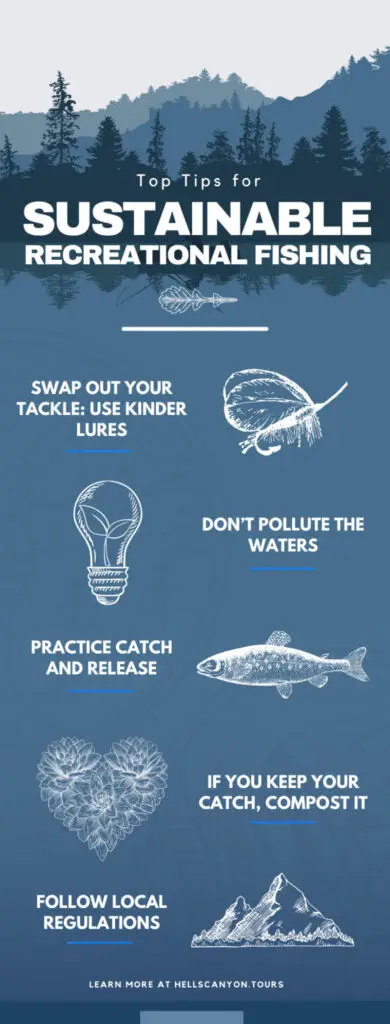
Sustainable Fishing Practices
Just like hunting, fishing can also be done in a sustainable manner that promotes the health of fish populations and aquatic ecosystems. By following sustainable fishing practices, you can enjoy this recreational activity while also contributing to conservation efforts.
Catch and Release
Catch and release is a popular practice among anglers who want to conserve fish populations. By catching fish and then releasing them back into the water unharmed, anglers can help maintain healthy fish populations and ensure the sustainability of fisheries. Remember to handle fish with care and use barbless hooks to minimize harm.
Selective Harvesting
If you choose to keep some of the fish you catch, practice selective harvesting by only keeping what you can realistically consume. Avoid taking more fish than you need, as this can put unnecessary pressure on fish populations. By being selective in your harvesting, you can contribute to the long-term health of fish populations.
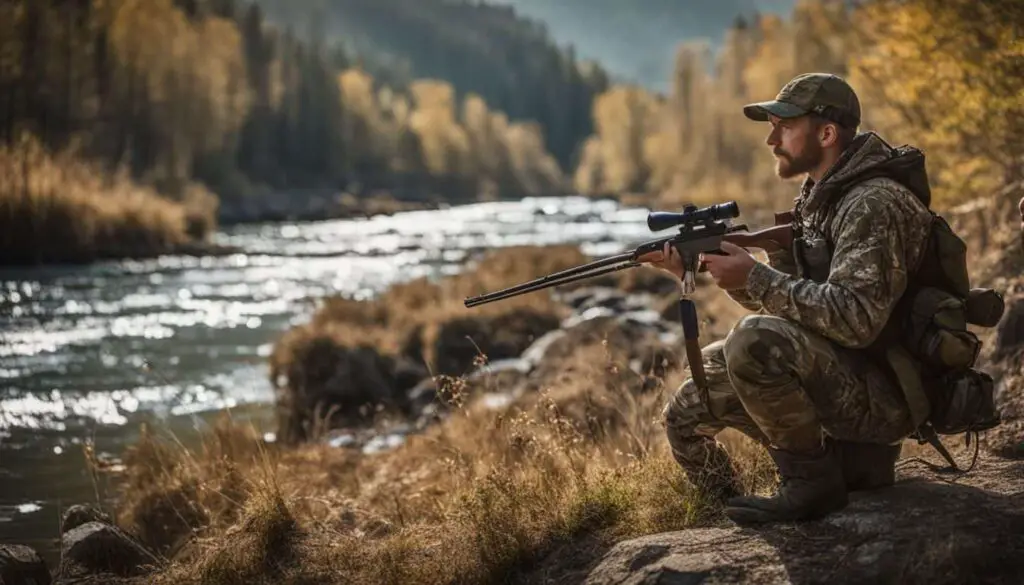
Conservation Strategies for Wildlife Populations
Conservation is an essential aspect of sustainable hunting and fishing. By actively participating in conservation efforts, you can help protect wildlife populations and preserve their habitats for future generations. There are several strategies you can implement to contribute to conservation while enjoying these outdoor activities.
Habitat Restoration
Habitat restoration involves improving the quality of natural habitats to support wildlife populations. You can participate in habitat restoration projects by volunteering with conservation organizations or supporting initiatives that aim to protect and restore wildlife habitats. By restoring habitats, you can create more sustainable ecosystems for wildlife to thrive.
Supporting Conservation Organizations
There are many conservation organizations dedicated to protecting wildlife and preserving natural habitats. Consider supporting these organizations through donations, volunteer work, or advocacy. By supporting conservation efforts, you can help ensure the long-term survival of wildlife populations and promote sustainable hunting and fishing practices.
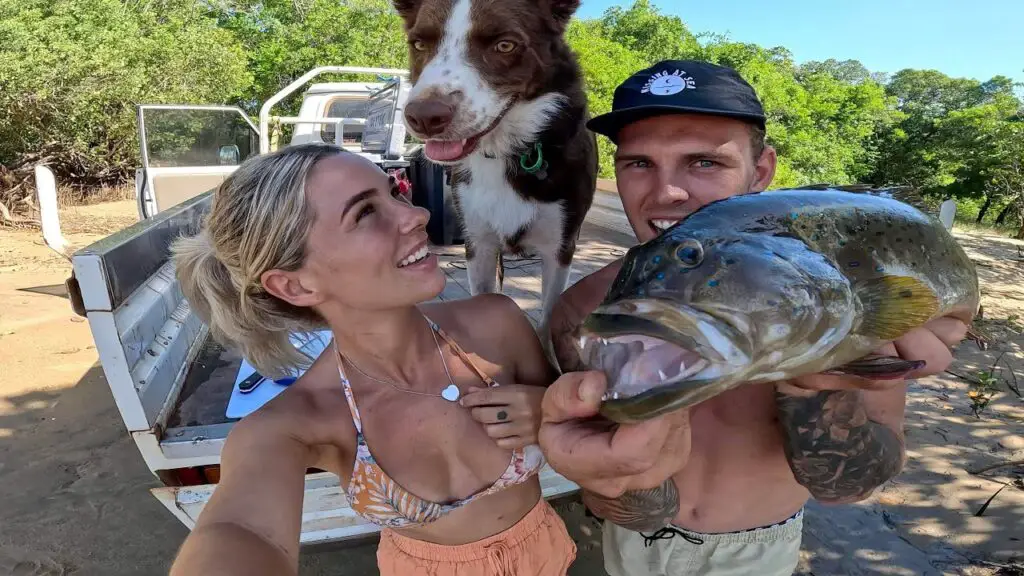
Responsible Gear and Equipment Use
Using the right gear and equipment is essential for practicing sustainable hunting and fishing. By choosing equipment that is designed to minimize environmental impact and following best practices for gear use, you can reduce your footprint on the environment and promote responsible outdoor activities.
Non-Toxic Ammunition
If you are a hunter, consider using non-toxic ammunition to reduce the environmental impact of your hunting activities. Lead ammunition can contaminate water sources and harm wildlife, so switching to non-toxic alternatives can help protect the environment and wildlife populations.
Sustainable Fishing Gear
When fishing, opt for sustainable gear such as biodegradable fishing line and non-lead weights. These eco-friendly alternatives are less harmful to the environment and can help reduce pollution in aquatic ecosystems. By using sustainable fishing gear, you can enjoy fishing while minimizing your impact on the environment.
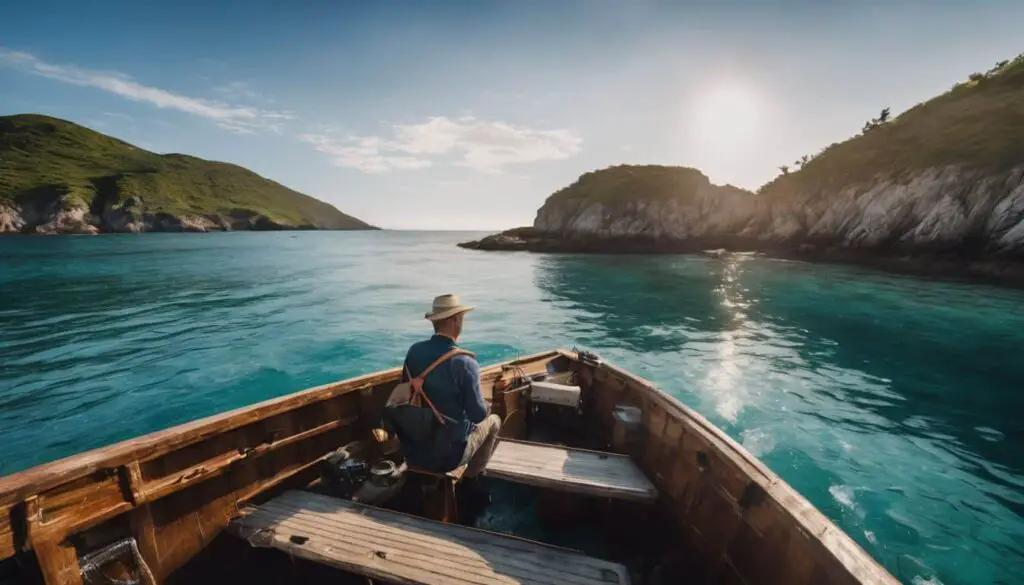
Engage in Education and Awareness
Educating yourself and others about the importance of sustainable hunting and fishing is key to promoting responsible outdoor activities. By raising awareness about conservation issues and sharing information about sustainable practices, you can inspire others to become stewards of the environment and contribute to wildlife conservation efforts.
Conservation Education Programs
Many organizations offer conservation education programs that teach participants about wildlife conservation, habitat protection, and sustainable hunting and fishing practices. Engaging in these programs can help you expand your knowledge and become a more informed advocate for conservation.
Spread the Word
Share information about sustainable hunting and fishing with your friends, family, and community. By spreading the word about the benefits of sustainable practices, you can inspire others to adopt responsible outdoor activities and contribute to conservation efforts. Remember, every individual has the power to make a positive impact on the environment.
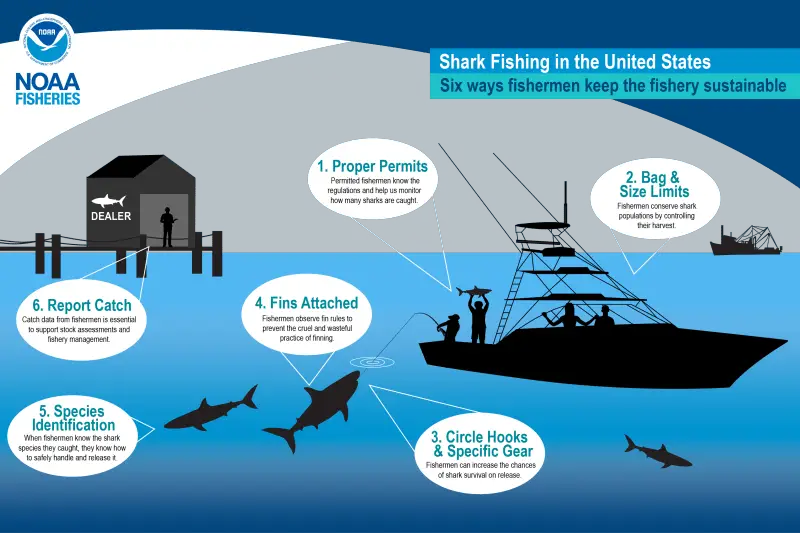
Conclusion
Sustainable hunting and fishing are enjoyable outdoor activities that allow you to connect with nature while also contributing to conservation efforts. By following ethical practices, supporting conservation initiatives, using responsible gear, and educating others, you can become a steward of the environment and promote the long-term health of wildlife populations. Remember, the actions you take today can make a difference in preserving nature for future generations. Happy hunting and tight lines!
